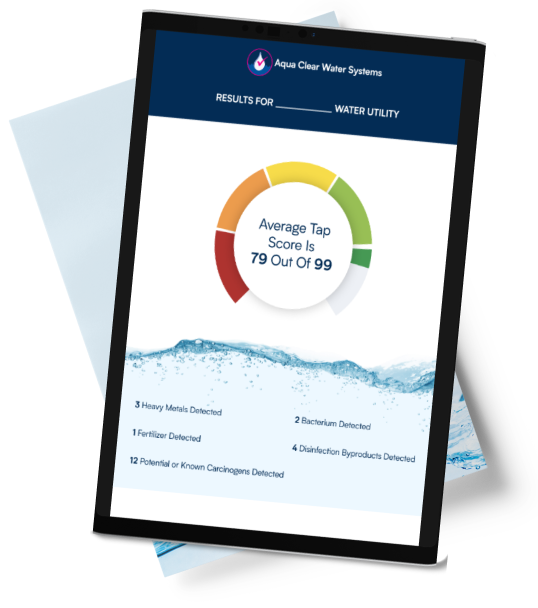Pure water is essential for good health and there are several filtration types that have varying degrees of effectiveness. One of the best methods is to use activated carbon filter water treatment, either on its own or in combination with other methods to give maximum carbon filter benefits.
What is Activated Carbon?
Activated carbon is created by firstly subjecting a material that’s rich in carbon (most usually coconut shells these days but also possibly wood or bituminous coal) to extreme heat in a vacuum so that impurities are baked off. It’s normally then activated by applying steam at 1600 degrees, which opens up cracks and pores so that the carbon has extremely large areas to capture contaminants.
The activated carbon can be impregnated with other substances to target specific contaminants or can have the surface structure altered to form catalytic carbon that removes more complex molecules such as hydrogen sulfide. Activated carbon comes in two forms:
- granular activated carbon (GAC) that consists of loose granules that allow water to flow freely through them
- carbon block filters where the granules are compressed to form a filter that has increased density and a smaller pore size. This results in lower flow rates and potentially the removal of more contaminants since the water is in contact with the carbon for longer.
So why is carbon good at cleaning water? Because it attracts contaminants and, especially with a small pore size, traps a lot of them.
What are the Benefits of a Carbon Water Filter?
If you’re wondering what are the benefits of activated carbon in water? There are plenty of them:
- It removes a variety of contaminants, including pesticides, VOCs, certain heavy metals, chlorine, and chloramines that municipal water companies add as disinfectants, organic chemicals, and various contaminants that make your water taste or smell bad.
- Carbon is a natural product that uses a process called adsorption to remove contaminants, so no chemicals are involved.
- Active carbon is widely available and, especially when made from coconut shells, is from sustainable sources.
- It’s an inexpensive and versatile method to purify your water.
What are the Pros and Cons of an Activated Carbon Water Filter?
Activated carbon does remove a lot of contaminants and it does it in a natural and inexpensive way. However, it will not remove all impurities, in particular:
- bacteria and viruses
- nitrates and nitrites
- calcium and magnesium that cause hard water
- hydrogen sulfide that gives a smell of rotten eggs
- fluoride and other compounds.
Aqua Clear Water Systems removes up to 99.99% of the junk, debris, and harmful toxins from your water – leaving it fresh, soft and pure.
An activated carbon filter is often used with other filters to remove all contaminants and, if your water is hard, a water softener. A complete whole-house filtration system may therefore include a pre-filter to remove sediment and large particles, ion exchange resins that remove calcium and magnesium to soften the water, UV lamps to kill bacteria, reverse osmosis filters to remove various contaminants, and an activated carbon filter to improve the taste and smell of the water. Activated carbon plays a vital role in ensuring all your water is clear, pure, pleasant tasting, and good for all purposes.







